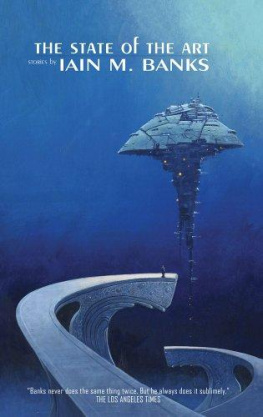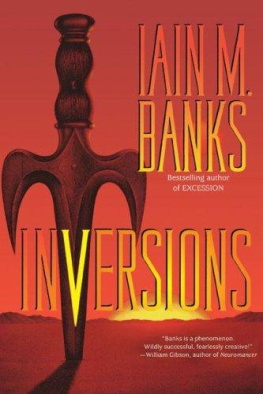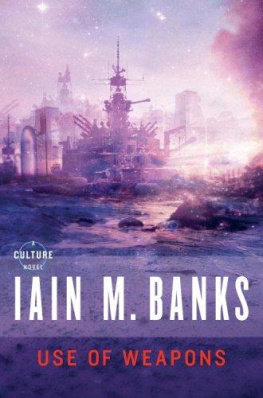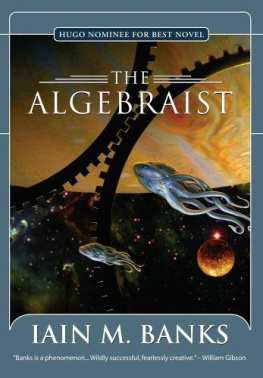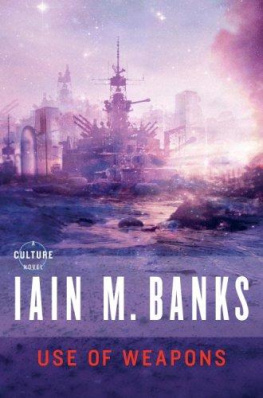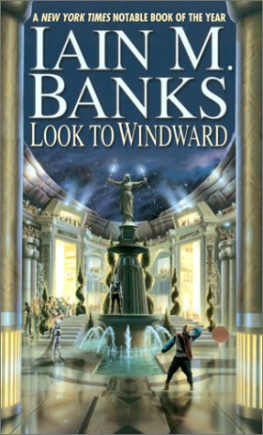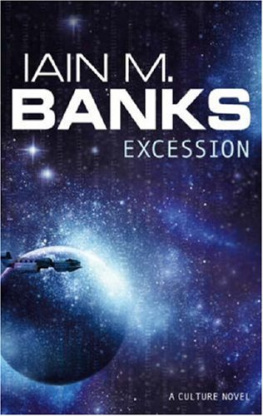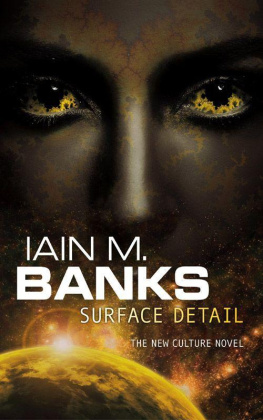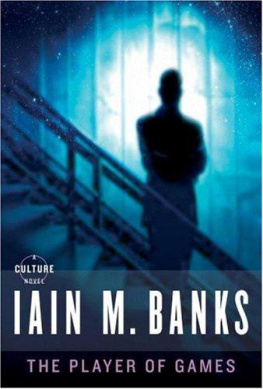Interlude in darkness
The Mind had an image to illustrate its informationcapacity. It liked to imagine the contents of its memorystore written out on cards; little slips of paper with tiny writingon them, big enough for a human to read. If thecharacters were a couple of millimetres tall and the paper aboutten centimetres square and written on both sides, then ten thousandcharacters could be squeezed onto each card. In a metrelong drawer of such cards maybe one thousand of themtenmillion pieces of informationcould be stored. In asmall room a few metres square, with a corridor in the middle justwide enough to pull a tray out into, you could keep perhaps athousand trays arranged in close-packed cabinets: ten billioncharacters in all.
A square kilometre of these cramped cells might contain as manyas one hundred thousand rooms; a thousand such floors would producea building two thousand metres tall with a hundred millionrooms. If you kept building those squat towers, squeezedhard up against each other until they entirely covered the surfaceof a largish standard-G worldmaybe a billion squarekilometresyou would have a planet with one trillion squarekilometres of floor space, one hundred quadrillion paper-stuffedrooms, thirty light-years of corridors and a number of potentialstored characters sufficiently large to boggle just about anybody'smind.
In base 10 that number would be a 1 followed by twenty-sevenzeros, and even that vast figure was only a fraction of thecapacity of the Mind. To match it you would need athousand such worlds; systems of them, a clusterful ofinformation-packed globes... and that vast capacity was physicallycontained within a space smaller than a single one of those tinyrooms, inside the Mind...
In darkness the Mind waited.
It had counted how long it had waited so far; it had tried toestimate how long it would have to wait in thefuture. It knew to the smallest imaginable fraction of asecond how long it had been in the tunnels of the Command System,and more often than it needed to it thought about that number,watched it grow inside itself. It was a form ofsecurity, it supposed; a small fetish; something to cling to.
It had explored the Command System tunnels, scanning andsurveying. It was weak, damaged, almost totallyhelpless, but it had been worthwhile taking a look around themaze-like complex of tunnels and caverns just to take its attentionoff the fact that it was there as a refugee. The placesit could not get to itself it sent its one remaining remote droneinto, so that it could have a look, and see what there was to beseen.
And all of it was at once boring and frighteninglydepressing. The level of technology possessed by thebuilders of the Command System was very limited indeed; everythingin the tunnels worked either mechanically orelectronically. Gears and wheels, electric wires,superconductors and light-fibres; very crude indeed, the Mindthought, and nothing it could possibly interest itselfin. A glance through any of the machines and devices inthe tunnel was sufficient to know them exactlywhat they weremade of, how they had been made, even what they were madefor. No mystery, nothing to employ the mind.
There was something too about the inexactitude of it all thatthe Mind found almost frightening. It could look at somecarefully machined piece of metal or some delicately moulded bit ofplastic, and know that to the people who had built the CommandSystemto their eyesthese things were exact and precise,constructed to fine tolerances with dead straight lines, perfectedges, smooth surfaces, immaculate right angles... and soon. But the Mind, even with its damaged sensors, couldsee the rough edges, the crudity of the parts and the componentsinvolved. They had been good enough for the people atthe time, and no doubt they had fulfilled the most importantcriterion of all; they worked...
But they were crude, clumsy, imperfectly designed andmanufactured. For some reason the Mind found thisworrying.
And it would have to use this ancient, crude,shop-soiled technology. It would have toconnect with it.
It had thought it through as best it could, and decided toformulate plans for what to do if the Idirans did get somebodythrough the Quiet Barrier and threatened it with discovery.
It would arm, and it would make a place to hidein. Both actions implied damage to the Command System,so it would not act until it knew it was definitelythreatened. Once it knew it was, it would be forced torisk the Dra'Azon's displeasure.
But it might not come to that. It hoped it wouldn't;planning was one thing, execution was another. It wasunlikely to have very much time either to hide or toarm. Both plans might perforce be rather crudelyimplemented, especially as it had only one remote drone and its ownbadly crippled fields with which to manipulate the engineeringfacilities of the System.
Better than nothing, though. Better still to haveproblems than to let death eradicate them all...
There was, however, another less immediately relevant, but moreintrinsically worrying, problem it had discovered, and it wasimplied in the question: who was it?
Its higher functions had had to close down when it hadtransferred from four- to three-dimensional space. TheMind's information was held in binary form, in spirals composed ofprotons and neutrons; and neutronsoutside a nucleus, and alsooutside hyperspacedecayed (into protons, ha-ha; not too longafter entering the Command System, the vast majority of its memorywould have consisted of the stunningly illuminating message:'0000000... '). So it had effectively frozen its primarymemory and cognitive functions, wrapping them in fields whichprevented both decay and use. It was working instead onback-up picocircuitry, in real space, and using real-space light tothink with (how humiliating).
In fact, it could still access all that stored memory (thoughthe process was complicated, and so slow), so all was notlost there... But as for thinking, as for beingitselfanother matter entirely. It wasn't itsreal self. It was a crude, abstracted copy of itself,the mere ground plan for the full labyrinthine complexity of itstrue personality. It was the truest possible copy itslimited scale was theoretically capable of providing, and it wasstill sentient; conscious by even the most rigorous ofstandards. Yet an index was not the text, a street planwas not the city, a map not the land.
So who was it?
Not the entity it thought it was, that was the answer, and itwas a disconcerting one. Because it knew that the selfit was now could never think of all the things its old self wouldhave thought of. It felt unworthy. It feltfallible and limited and... dull.
But think positively. Patterns, images, thetelling analogy ... make the ill work togood. Just think...
If it was not itself, then it would be not itself.
As it was now to what it had been before, so the remote dronewas to it now (nice connection).
The remote drone would be more than just its eyes and ears onthe surface, in or near the Changers' base, keeping look-out; morethan just its assistant in the doubtless frantic preparations toequip and secrete which would ensue if the drone did raise thealarm; more. And less.
Look on the happy side, think of the good things.Hadn't it been clever? Yes, it had.
Its escape from the spare-parts warship had been, though itthought it itself, quite breathtakingly masterful andbrilliant. Its courageous use of warp so deep into agravity well would have been foolhardy in the extreme in anythingelse but the dire circumstances it had found itself in, but wasanyway superbly skilled... And its stunning cross-realmtransfer, from hyper- to real space, was not simply even morebrilliant and even braver than anything else it had done, it wasalmost certainly a first; there was nothing anywhere in its vaststore of information to indicate that anybody had
Next page

